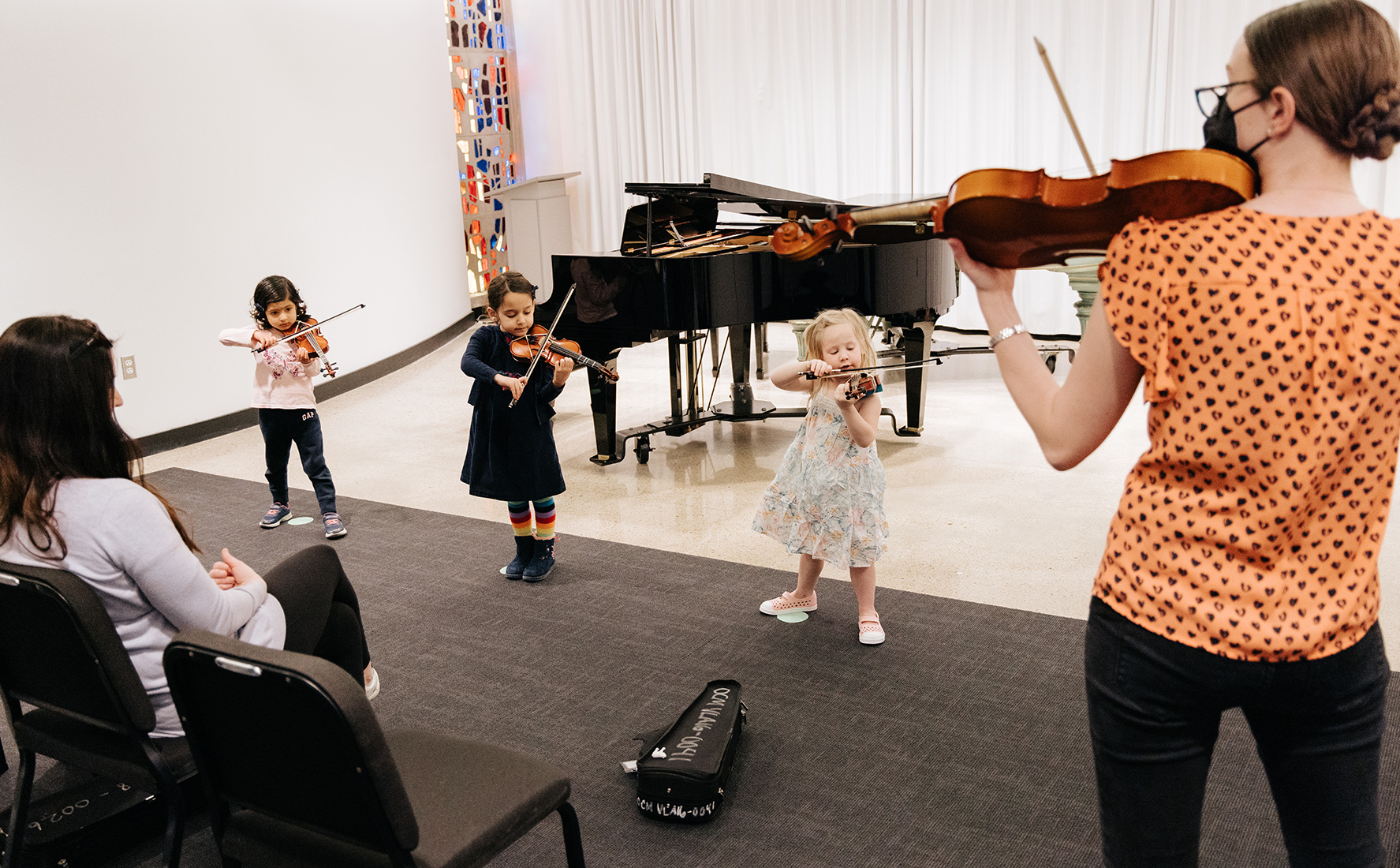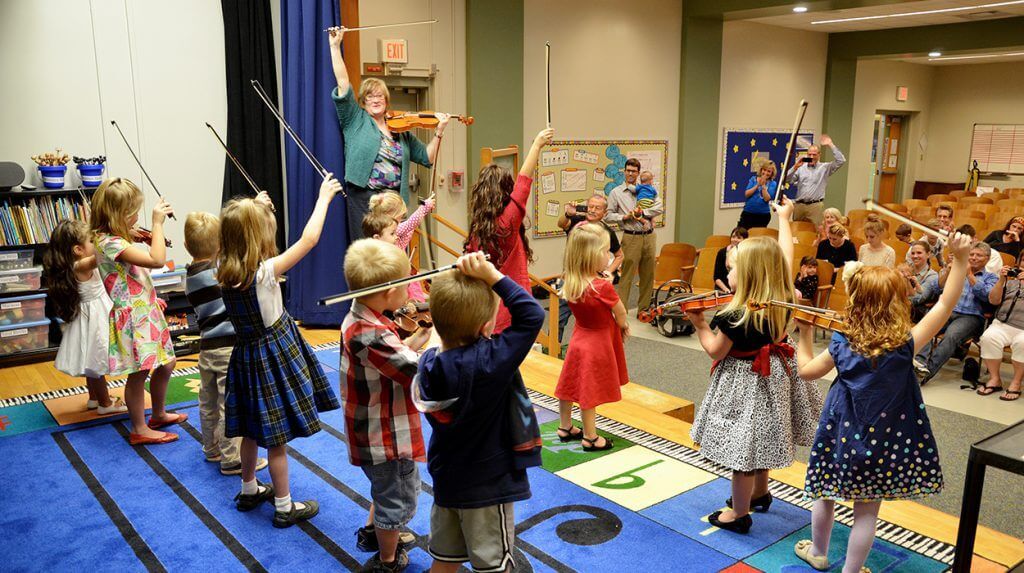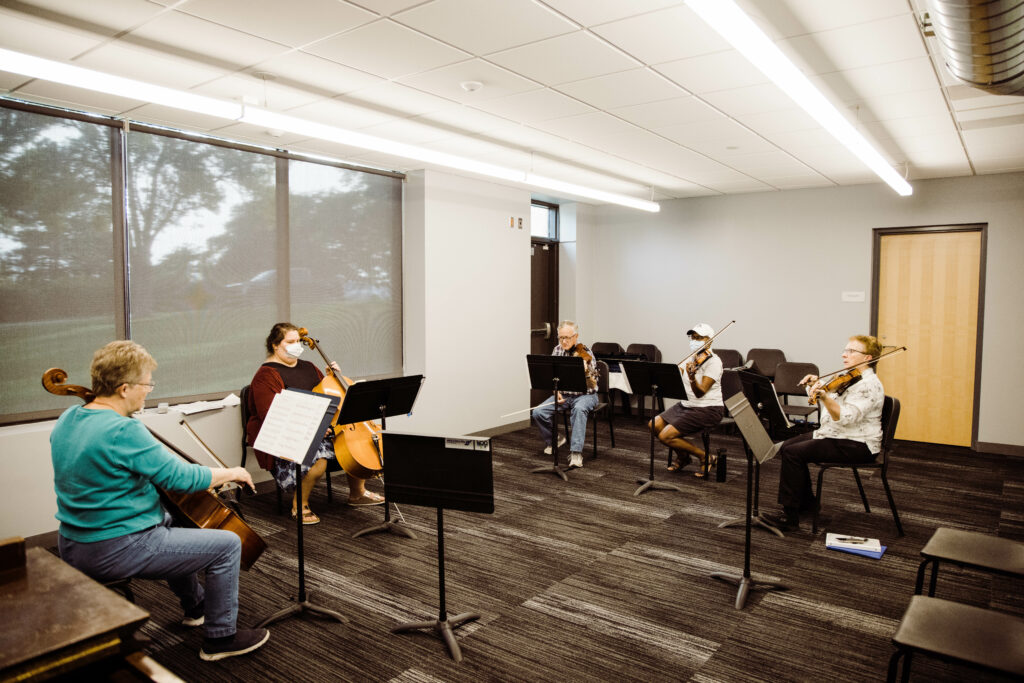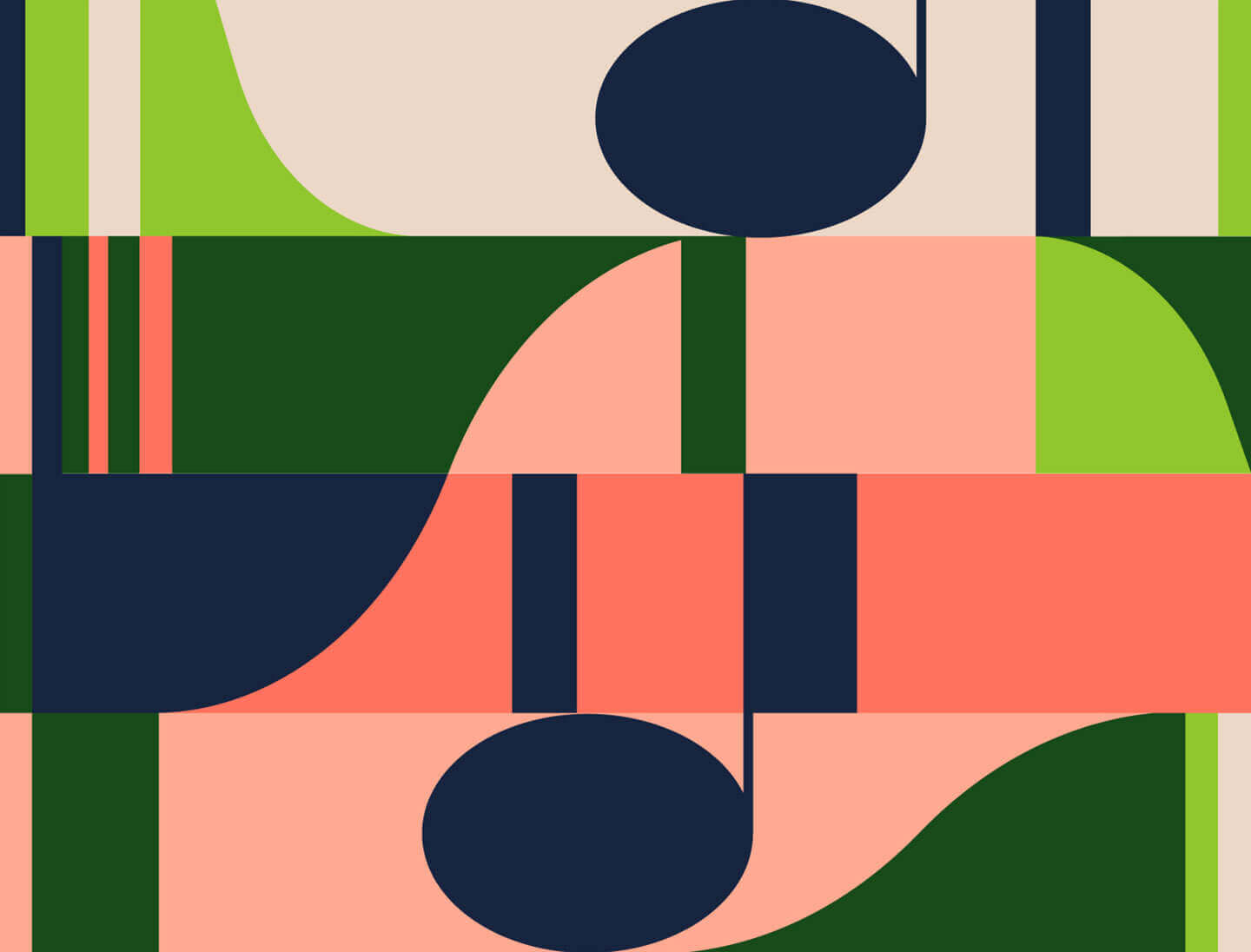April 28th, 2022 • Music Education
Music Education = Lifelong Success!

Here at the Omaha Conservatory, all that we do is always rooted in our mission: to build a diverse musical community to enrich lives through education and performance. If you peruse the “about” section of our website, you’ll see the following words:
“At the Omaha Conservatory of Music, we believe that passion for learning, combined with dedication to excellence, creates a lifelong source of musical inspiration for our students and families. Our encouraging environment allows students to gain confidence in their musical abilities, learn discipline and mastery, and enjoy making music with their peers.”
omahacm.org/about
It’s clear we are in the business of fostering musical excellence—but you might wonder what all this “hype” about music itself is. It’s no secret that our staff, Artist-Faculty, students and their families, as well as our generous supporters and donors are all music lovers, but why do we believe so wholeheartedly that music and music education can be a LIFELONG source of inspiration? The answer is simple: it’s science!
Did you know that our fearless Executive Director (and Chief Inspiration Officer!) Ruth Meints is particularly passionate about how music study can enrich the development of both musical and non-musical skills? What happens in our brains when we engage in the whole-person activity of learning to play an instrument, for example, is incredible to say the least. At the Conservatory, the latest learning-related research is actively applied to our teaching philosophy through individual lessons and community events that encourage autonomy, competence, and relatedness: key factors found by neuroscientists to instill motivation and bolster success (Ryan & Deci, 2000). Check out the super cool TedEd video below, which outlines some of the ways that studying an instrument can make your brain explode….with greatness!
“The study of music engages the whole person: emotionally, intellectually, and physically. Research has shown that music education also has a significant positive influence on non-musical activities such as speech, attention, memory, reading, and language skills (Kraus & Chandrasekaran, 2009).”
Ruth Meints, Omaha Conservatory of Music Executive Director
Educators have identified the top life skills needed for success in today’s world to be creative thinking, goal setting, cooperation, and problem-solving. Music study enriches these skills in such depth that we believe every child should receive a thorough music education to ensure the most success in whatever career path they may choose. Can you believe that the study of music can do all of THAT?
Here’s a few more reasons to remember the power of music education:
Music Training Strengthens Children’s Brains, Decision-Making Network
Two new studies from the Brain & Creativity Institute at the University of Southern California have shown that as little as TWO YEARS of music instruction has a whole bunch of awesome benefits. Music training can actually alter the structure of the brain’s white matter, which carries signals through the brain, and grey matter, which contains a lot of the brain’s neurons—actively responsible for information processing. Did you know that our String Sprouts program allows pre-school-aged children as young as 3 years old to began studying the violin, viola, cello, or bass? And, for the youngest of music-makers, our Tuneful Tots classes introduce musical concepts through songs and activities as early as 0 years old! No matter what age, music education helps kids enrich all sorts of skills.

There is a widespread belief if you did not begin learning a musical instrument in your childhood, you’ve missed your chance. This is definitely not true! “People of any age can learn to play and gain a level of satisfaction,” says Roy Ernst, a professor emeritus at the Eastman School of Music.

Music Keeps Your Brain Healthy
In 2014, a large group of Neuroscientists and Psychologists wrote about how the claims of many “brain game” apps and programs are frequently misleading…in fact, the company Lumosity was actually fined 2 million in early 2016 due to their claim that their products would “slow the progression of age-related decline in mental abilities.” There’s little evidence to support the claim that these sort of products can improve everyday cognitive performance. On the other hand, music study DOES stimulate the brain in a real way, integrating many of our body and mind functions into one activity. Unlike brain games, learning an instrument CAN actually make long-lasting changes in our brain!
Music Improves Memory and Verbal Intelligence
Plenty of research has shown that musical training can lead to improvements in a huge variety of skills, including memory and spatial learning. Additionally, language skills such as verbal memory, literacy, and verbal intelligence have been shown to benefit from music study.
Music Might Be the Key to Success
There are many studies that have linked musical training to academic achievement, but what IS it about dedicated music study that seems to translate to success in other fields? According to Joanne Lipman in this NYT article, many high-achievers cite that music opens up pathways to creative thinking, helped them work better with others, strengthened their listening skills, and taught them a way of thinking that allows them to connect seemingly disparate ideas. Long story short: music might just be THE key to success in ANY endeavor!
Music Engages Your WHOLE Brain!
If the brain is a muscle, listening to music is the ultimate exercise! Considering the way music can engage the brain in powerful ways, it can also be used as a therapeutic tool. Check out the video below, which highlights the power of music as a therapy for patients with Alzheimers and Dementia.
